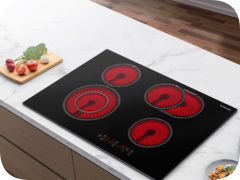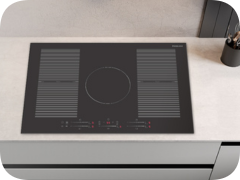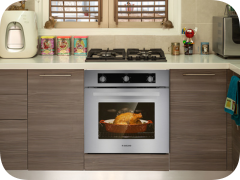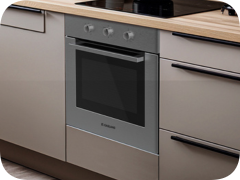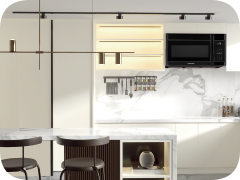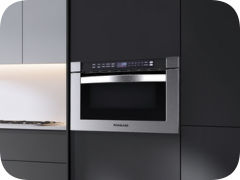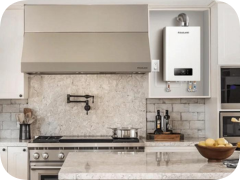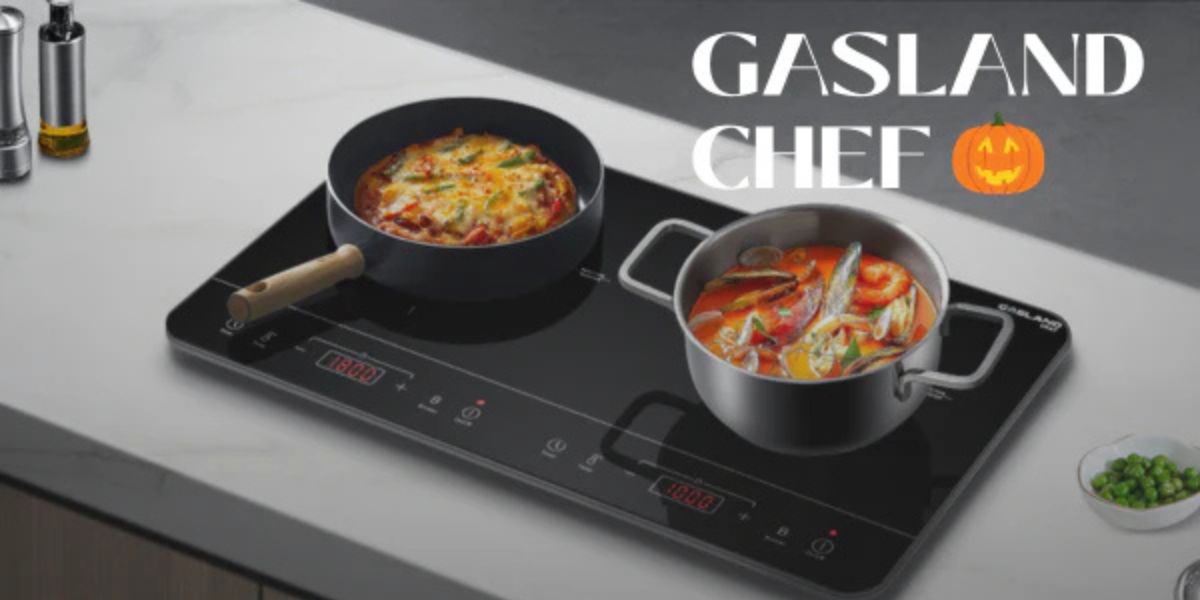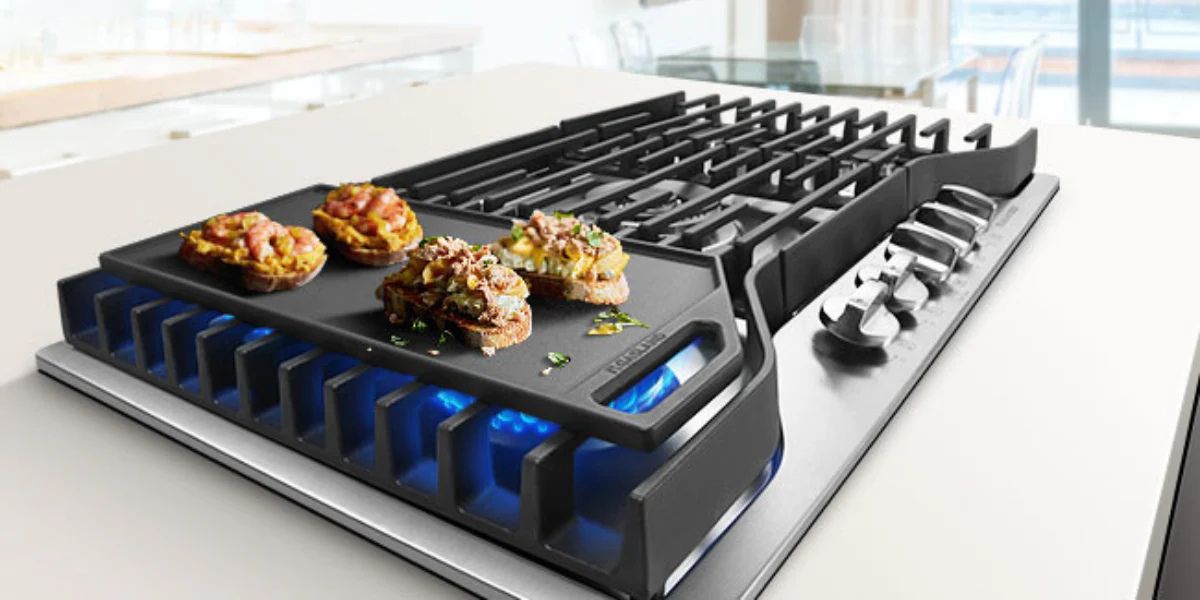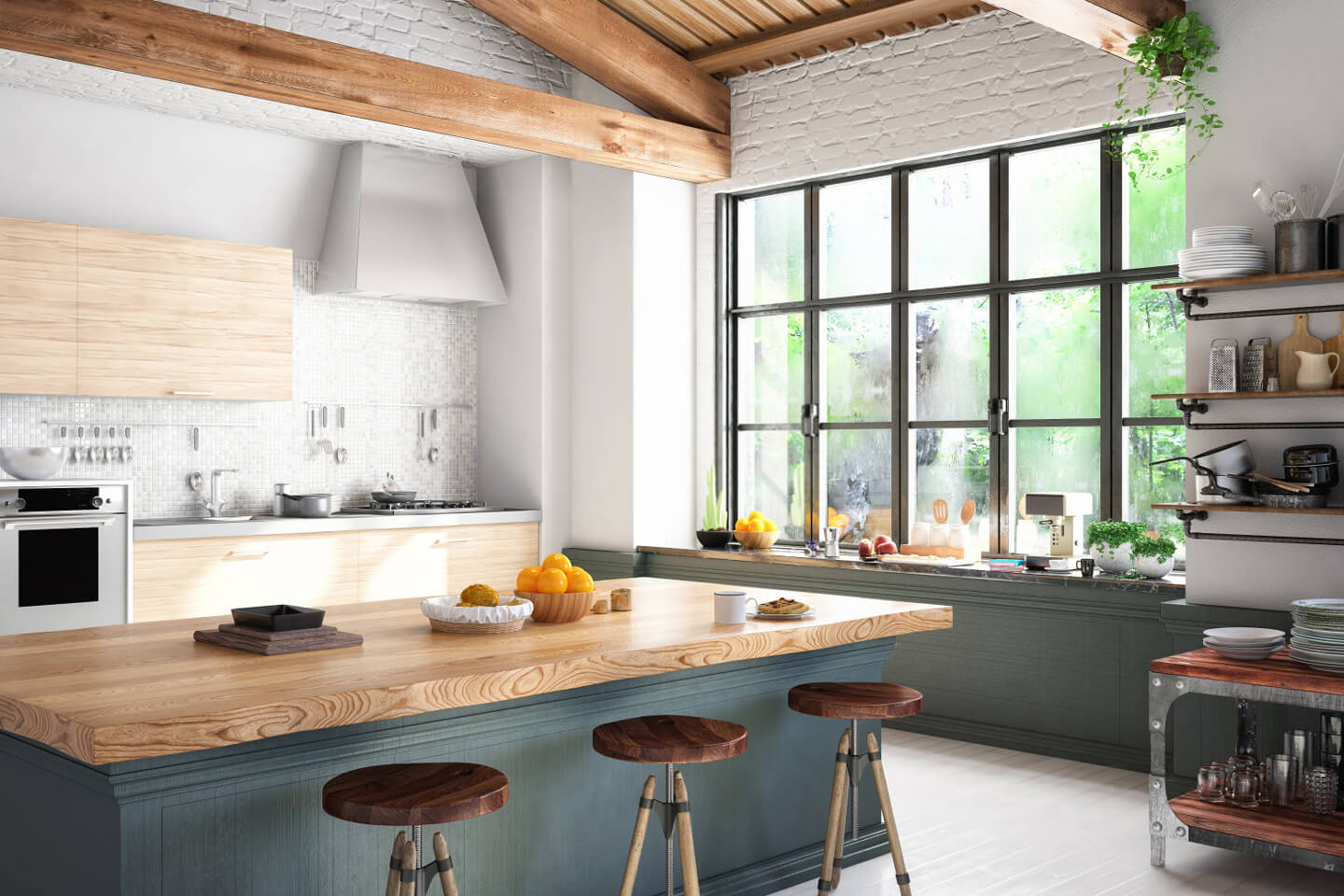Choosing the right cooktop can be one of the most impactful decisions in any kitchen renovation or upgrade. Whether you're outfitting a compact apartment or designing your dream kitchen, the choice between a gas and electric cooktop affects not just your cooking experience, but also energy use, appliance cost, and long-term satisfaction.
In this stovetop comparison guide, we’ll break down the pros and cons of gas and electric cooktops, including radiant electric (ceramic) and induction models, to help you confidently select the best cooktop type for your home.
Gas Cooktops: Time-Tested Performance & Heat Control
Gas cooktops remain a favorite for serious home cooks and professionals alike thanks to their instant heat response and precise flame control. With visible flames and intuitive knobs, they allow for a wide range of cooking techniques—especially high-heat stir-frying and simmering delicate sauces.
Pros of Gas Cooktops:
-
Excellent heat control and flame visibility
-
Works with all types of cookware
-
Continues to function during power outages
-
Often preferred for traditional or professional-style cooking
-
Some models include griddle/grill features ideal for searing and BBQ, like the 36" Gas Cooktop PROGH3365SF
-
Ideal for homes with existing gas lines or LPG setup
Cons:
-
Requires a gas connection (natural gas or propane)
-
Can be harder to clean due to burner grates and pans
-
Safety considerations with open flames
Gas cooktops also come in modern styles, such as the tempered glass models seen in GASLAND’s Glass Gas Cooktops collection, offering a sleek, easy-to-clean surface without compromising performance. For small spaces or minimalist kitchens, the compact 12" GH30SF stainless steel gas cooktop delivers reliable power in a space-saving footprint.
Electric Cooktops: Sleek, Safe, and Modern
Electric cooktops are available in two main types: radiant ceramic cooktops and induction cooktops. Each offers unique benefits suited for different kitchen needs.
Radiant Electric (Ceramic) Cooktops
These have a flat, smooth glass surface with electric heating elements underneath.
Pros:
-
Sleek, minimalist design
-
Easy to clean
-
Compatible with most cookware
-
Typically lower upfront cost (great for kitchen on a budget)
Cons:
-
Slower to heat and cool
-
Retains residual heat after cooking (burn hazard)
-
Less energy-efficient than induction
Browse GASLAND’s Ceramic Cooktops collection for affordable and stylish options.
Induction Cooktops: High Efficiency Meets Modern Tech
Induction cooktops are the most energy-efficient cooktops on the market today. They use electromagnetic fields to directly heat compatible cookware—resulting in faster cooking speeds and safer operation.
Pros:
-
Fast heating and cooling
-
Cool-to-touch surface—great for families
-
Highly energy-efficient
-
Sleek, modern appearance
-
Precise temperature control
Cons:
-
Requires compatible cookware (magnetic-based)
-
May generate a low hum during operation
-
Typically higher appliance cost than gas or radiant electric
For flexible, portable cooking, GASLAND’s 24" Dual Zone Induction Cooktop IH602BTA is plug-in ready and great for apartments, dorms, or RVs—ideal for small kitchen upgrades and entry-level kitchen appliances.
Which Is Better: Gas or Electric?
The decision between gas vs. electric comes down to your cooking style, energy priorities, and kitchen layout:
| Criteria | Gas Cooktops | Electric (Radiant & Induction) |
|---|---|---|
| Heat Control | Instant flame control | Induction: excellent; Radiant: moderate |
| Energy Efficiency | Lower (wasted heat) | High (especially induction) |
| Cookware Compatibility | All types | Induction requires specific pots |
| Cleaning | Grates and burners require effort | Flat glass surfaces are easier |
| Safety | Open flames and gas risks | Induction = very safe; Radiant = residual heat |
| Cost | Generally lower | Induction may cost more upfront |
Still unsure? Consider the overall energy usage, budget, and safety needs. For families and modern homes prioritizing safety and energy efficiency, induction cooktops may be the best fit. For hands-on chefs or those craving flame cooking, gas wins every time.
Final Thoughts: Match Your Cooktop to Your Lifestyle
Whether you're making a major kitchen renovation or just a simple appliance upgrade, choosing the right cooktop should align with your cooking habits, energy goals, and kitchen size.
From compact gas cooktops like the GH30SF to versatile options with griddles, GASLAND offers reliable solutions for every type of kitchen. Explore more in their full Gas Cooktop Collection or browse specialized categories like Griddle Gas Cooktops and Induction Models for the best fit.
Want More Kitchen Appliance Tips?
Before you go, check out our related guide to discover how GASLAND stands out among brands:
👉 Your Guide to Choosing Kitchen Appliances: Why GASLAND Cooktop Stands Out


